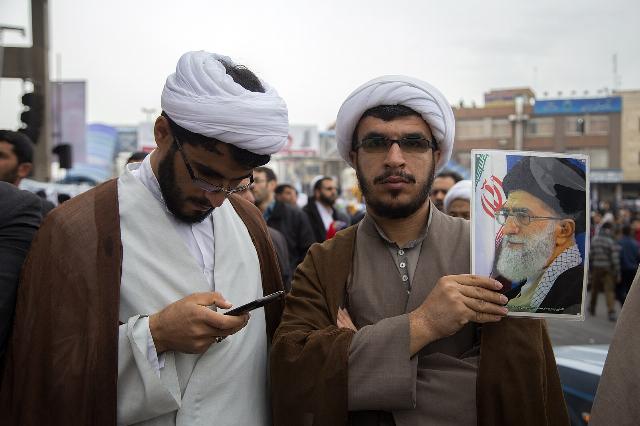Limiting our role in Iran
In the fall of 2011, Angelo Codevilla of the Claremont Institute wrote an insightful article entitled, “The Lost Decade” in which he stated the following:
The U.S. government is not responsible for all the ways in which the world was menacing then and is menacing now, of course. Regardless of what America did, China’s challenge to the post-1945 Peace of the Pacific was going to become more serious. Vladimir Putin’s neo-Soviet Russia was not and could not be anything but a major bother. Western Europe would be living off civilizational capital it had lost the will to replenish, irrespective of any American deeds or entreaties. The Muslim world would be choking on the dysfunctions inherent in its government and cultures.
But U.S. policy has made things worse because the liberal internationalists and neoconservatives who make up America’s foreign policy Establishment have all assumed that Americans should undertake the impossible task of changing such basic facts, rather than confining themselves to the difficult but vital work of guarding U.S. interests against them.
Over a decade later, Codevilla’s words resonate even more with the American public. Most Americans realize that there are limits on the degree to which the United States can shape and influence the world, and our attention should be more focused on guarding vital U.S. interests. Trump’s ascendancy to power reflects this mood within the electorate.
The question then becomes what constitutes vital American interests and what limits should we impose upon ourselves in protecting those interests so that we don’t end up with the impossible task of remaking a world that we have little interest in or control over.
This question is very pertinent to current American decision-making regarding Iran. In short, what is the American self-interest in Iran? And secondly, what is the degree to which the U.S. should go to achieve its goals?
Historically, there has been a tendency for Americans after they conduct a war or even during military operations to embark on a campaign of tidiness, reconstructing civil society from the mess that war’s destruction has left. In theory, it is a commendable trait. Proponents of reconstruction point to success in post-war Germany and Japan. However, we all recount recent failures with this strategy in Iraq and Afghanistan, not to mention our prior failed attempt at nation-building in Vietnam. So where do we draw the line? It is not always an easy question to answer.
It is clear to most thoughtful people that allowing Iran to attain a nuclear weapon is unacceptable. It is not in the interest of the U.S. or its allies for Iran to possess one. The consequences of Iran achieving its ambition to possess the bomb are too horrid to imagine. That said, there is the question of how to go about thwarting Iran’s effort to achieve a nuclear weapon. Israel has made that easy for the U.S. by paving the way for the U.S. to simply drop a couple bunker-busters that end Iranian ambitions.
The side effect of such actions on the part of Israel and the U.S. has been to destabilize the current regime’s hold on power. If the Iranian regime does fall, this is probably a case where the U.S. should resist an urge to run in, tidy up the place, and institute western democratic reform. The best strategy is to sit back and observe what emerges in the aftermath of the Ayatollah’s demise. If we don’t like the outcome, we can figuratively and literally break it again until we get an outcome that aligns with our self-interest. Most importantly, we must not allow the legions of NGOs waiting in the wings to descend upon Iran, like they did upon Iraq and Afghanistan, with the aim of importing western concepts of feminism and individualism. The late, great P.J. O’Rourke joked, “Let’s give war a chance”. We should also give peace a chance by letting it emerge organically from the ashes of the war rather than imposing it on a people from afar.

Image: Mostafameraji, CC BY-SA 4.0, via Wikimedia Commons, unaltered.